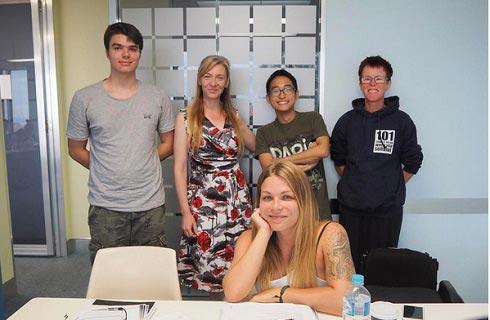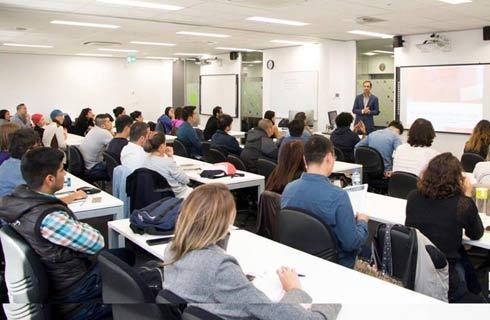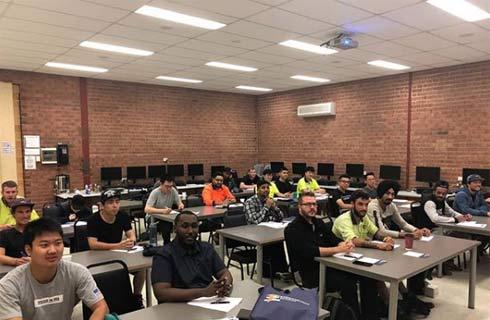Master of Science in Biomedical Engineering (Non-Thesis Track)

学历文凭
Masters Degree

专业院系
Department of Mechanical Engineering

开学时间

课程时长

课程学费

国际学生入学条件
IDP—雅思考试联合主办方

雅思考试总分
6.5
- 雅思总分:6.5
- 托福网考总分:80
- 托福笔试总分:160
- 其他语言考试:Pearson Test of English (PTE) - Minimum score: 65
CRICOS代码:
申请截止日期: 请与IDP联系 以获取详细信息。
课程简介
相关申请
 预科
预科 奖学金
奖学金 实习机会
实习机会 在校学习
在校学习 跨境学习
跨境学习 校园授课-线上开始
校园授课-线上开始 在线/远程学习
在线/远程学习
开学时间&学费
学费信息仅供参考,请与IDP联系以获取详细信息
| 开学时间 | 时长 | 学费 | 地点 |
|---|---|---|---|
| 暂无 | 暂无 | 暂无 | 暂无 |
学校排名

世界排名601
数据源:
泰晤士高等教育世界大学排名
关于内华达大学拉斯维加斯分校

内华达大学拉斯维加斯分校(UNLV)成立于1957年,至今已发展成为美国领先的研究机构和高等教育中心之一。大学拥有超过25000名本科生,其中许多学生是家里第一代大学生--他们父母之前都没有获得过大学学位。该大学以其多样性而闻名--有来自85个国家/地区的超过1000名国际学生在该机构就读。该分校还有100多个文化、种族或宗教性质的学生组织,学生可以在这些组织中认识类似背景的人,帮助学生感到更融入。学生们身处于拉斯维加斯热闹的气氛中,大学确保那些希望住在校园或附近的学生有很多令人兴奋的机会。对于想要宁静景观的学生来说,坐短途汽车就可以欣赏沙漠景观,为他们提供远离城市灯光的足够的休息空间。该大学有16个主要学院,提供广泛的学习课程选择。该大学还以其 ''酷学术"科目而闻名--最现代的专业或学习领域的组合,确保学生处于现代学习的最前沿。UNLV不仅仅有优秀的教学质量,而且还采用多样化的现代方法,确保学生处于所选领域的最前沿。该大学的学生支持服务非常优秀,各种服务确保学生不会因为个人问题而分散学习精力。该大学还为任何关心教育对财务影响的人提供了很高的性价比-2020-2021年,87%的UNLV本科生获得了财政援助和奖学金。
本校相关课程
其他相关课程

生物医学工程应用科学硕士
 达尔豪斯大学
达尔豪斯大学学历文凭
Masters Degree
开学日期
课程费用总额


生物医学工程技术文凭
 北阿尔伯塔理工学院
北阿尔伯塔理工学院学历文凭
Bachelor Degree
开学日期
课程费用总额


生物医学工程学士学位
 多伦多都会大学
多伦多都会大学学历文凭
Bachelor Degree with Honours
开学日期
课程费用总额


生物医学工程应用科学硕士
 渥太华大学
渥太华大学泰晤士高等教育世界大学排名:188
学历文凭
Masters Degree
开学日期
课程费用总额


工程科学应用科学学士-生物医学工程(荣誉学位)
 西蒙菲莎大学
西蒙菲莎大学学历文凭
Bachelor Degree with Honours
开学日期
课程费用总额


生物医学工程学硕士
 卡尔加里大学
卡尔加里大学学历文凭
Masters Degree
开学日期
课程费用总额










 美国
美国





